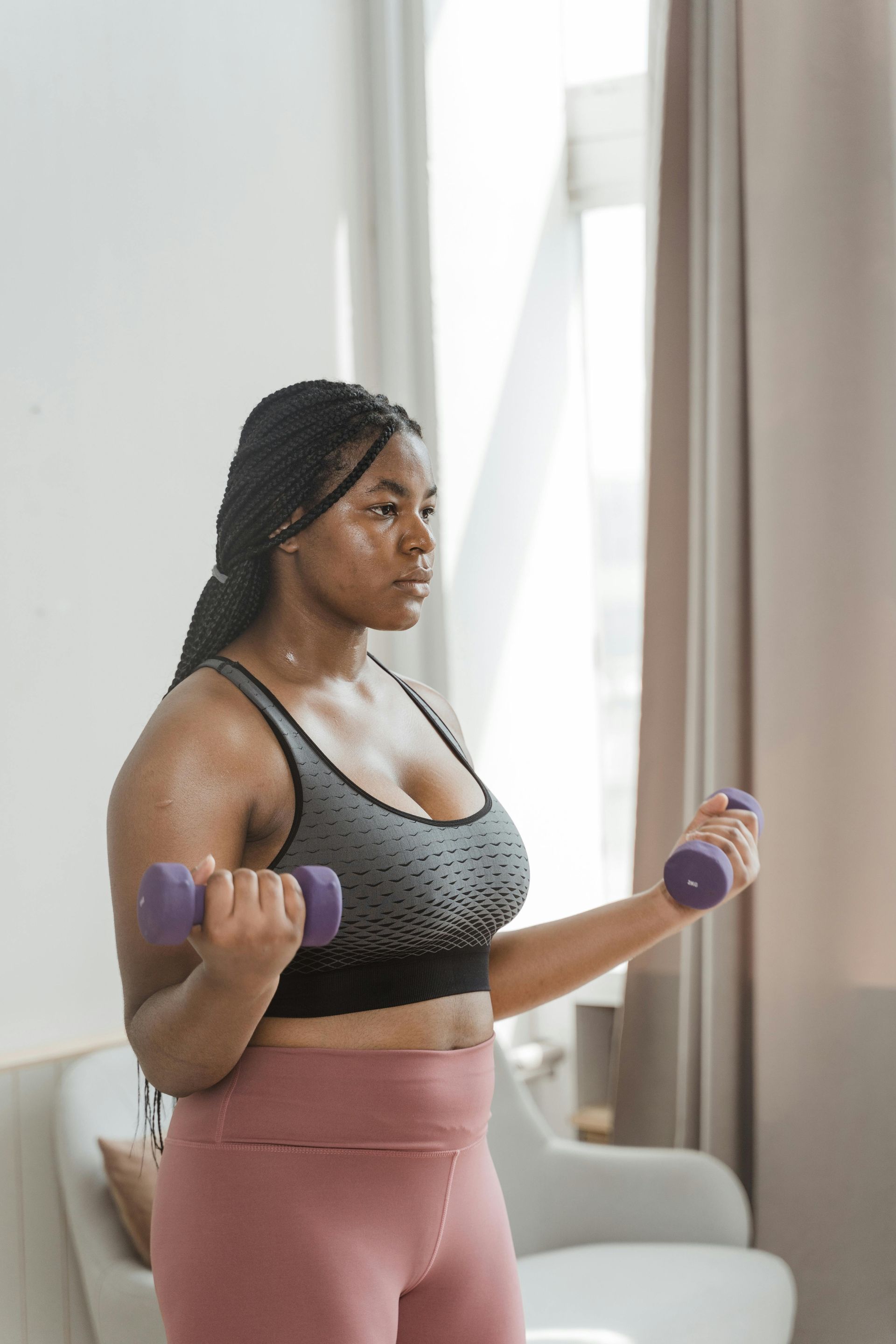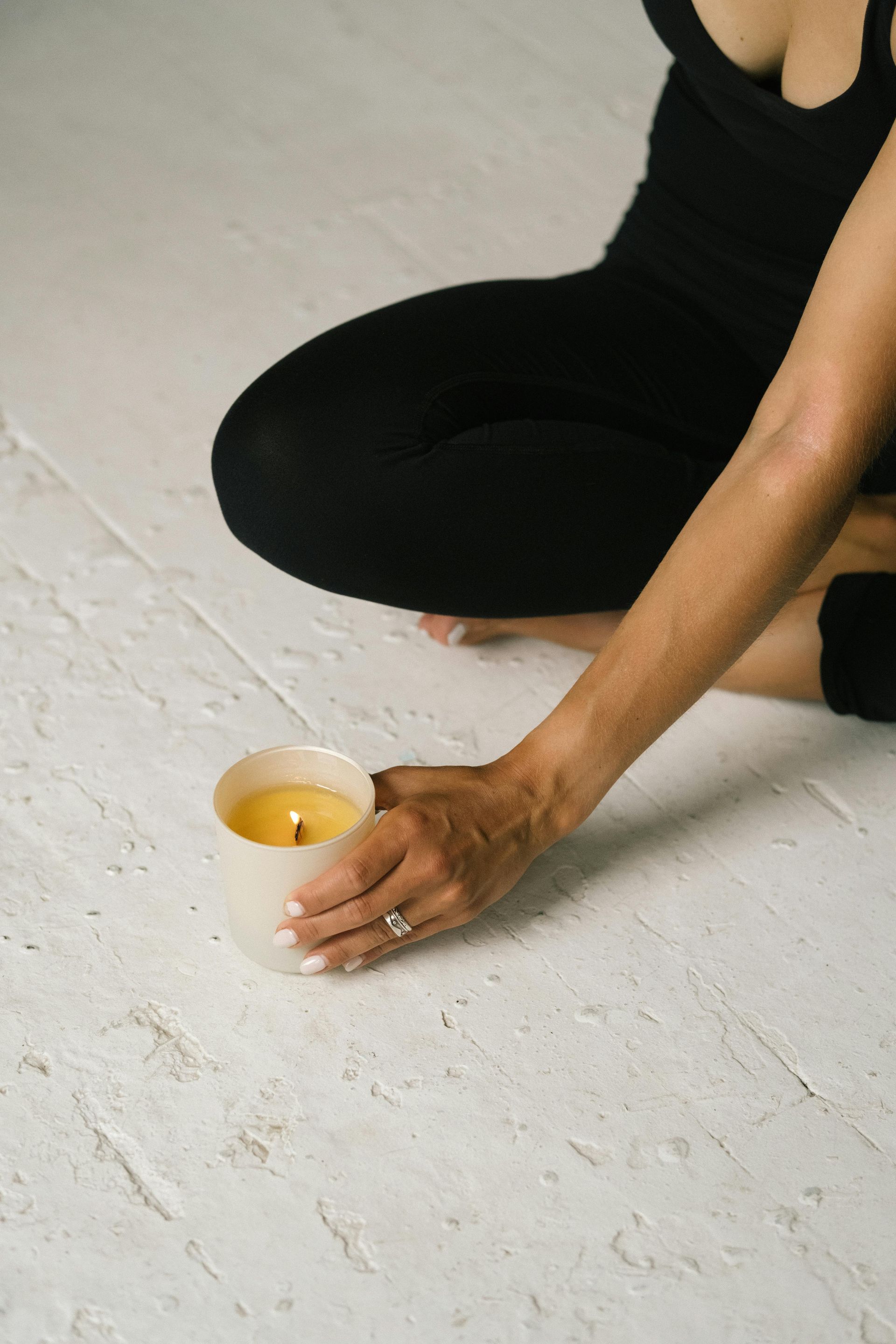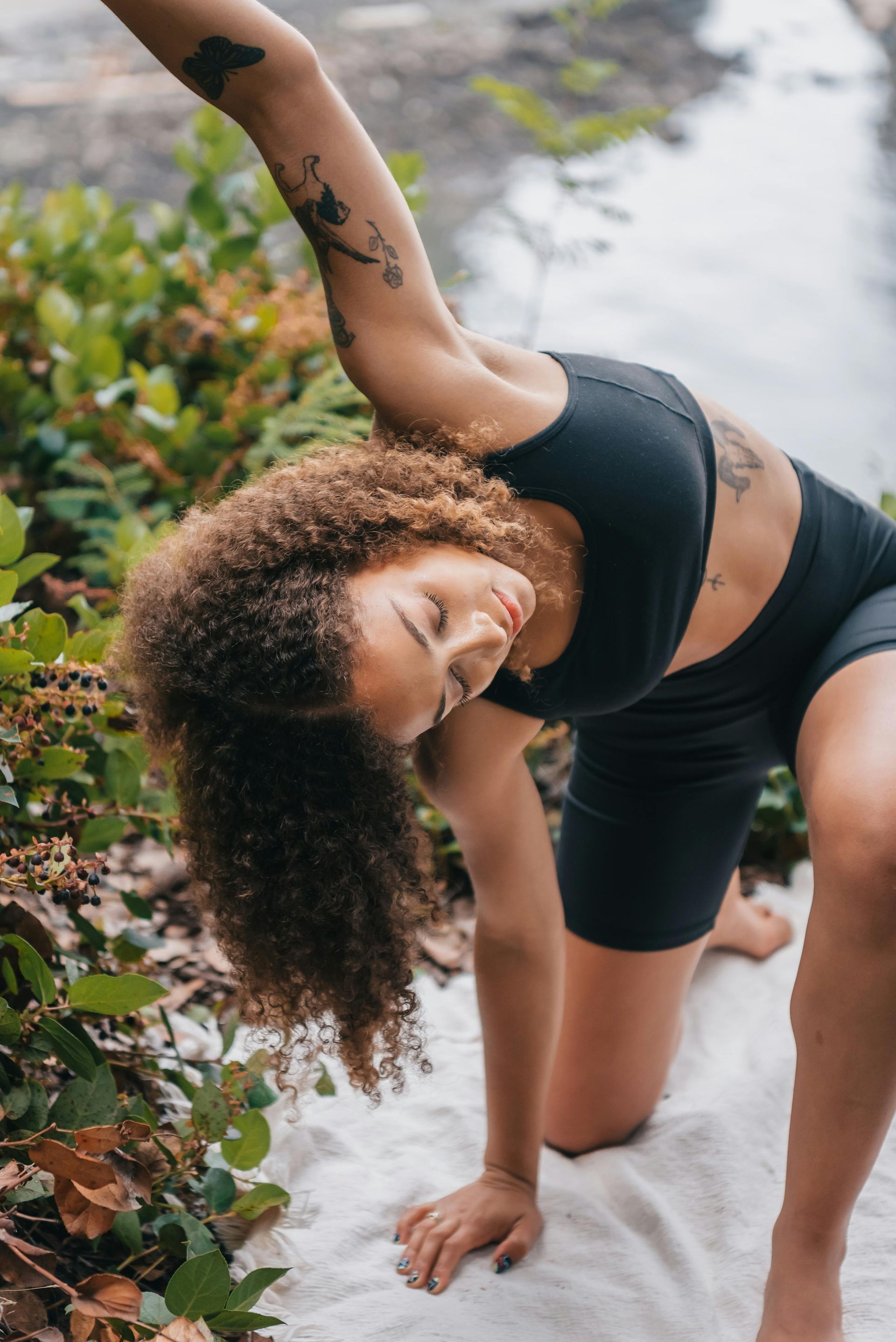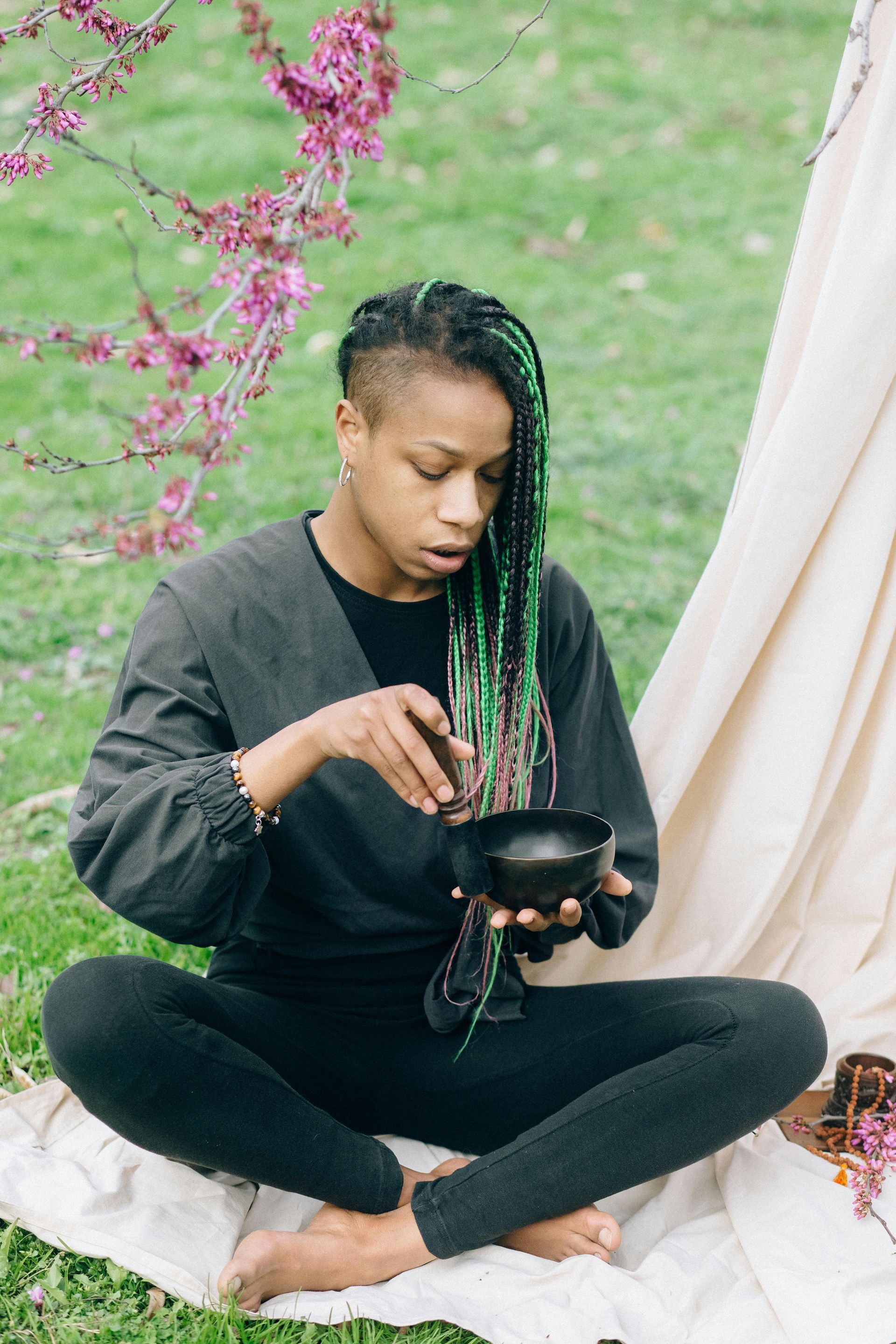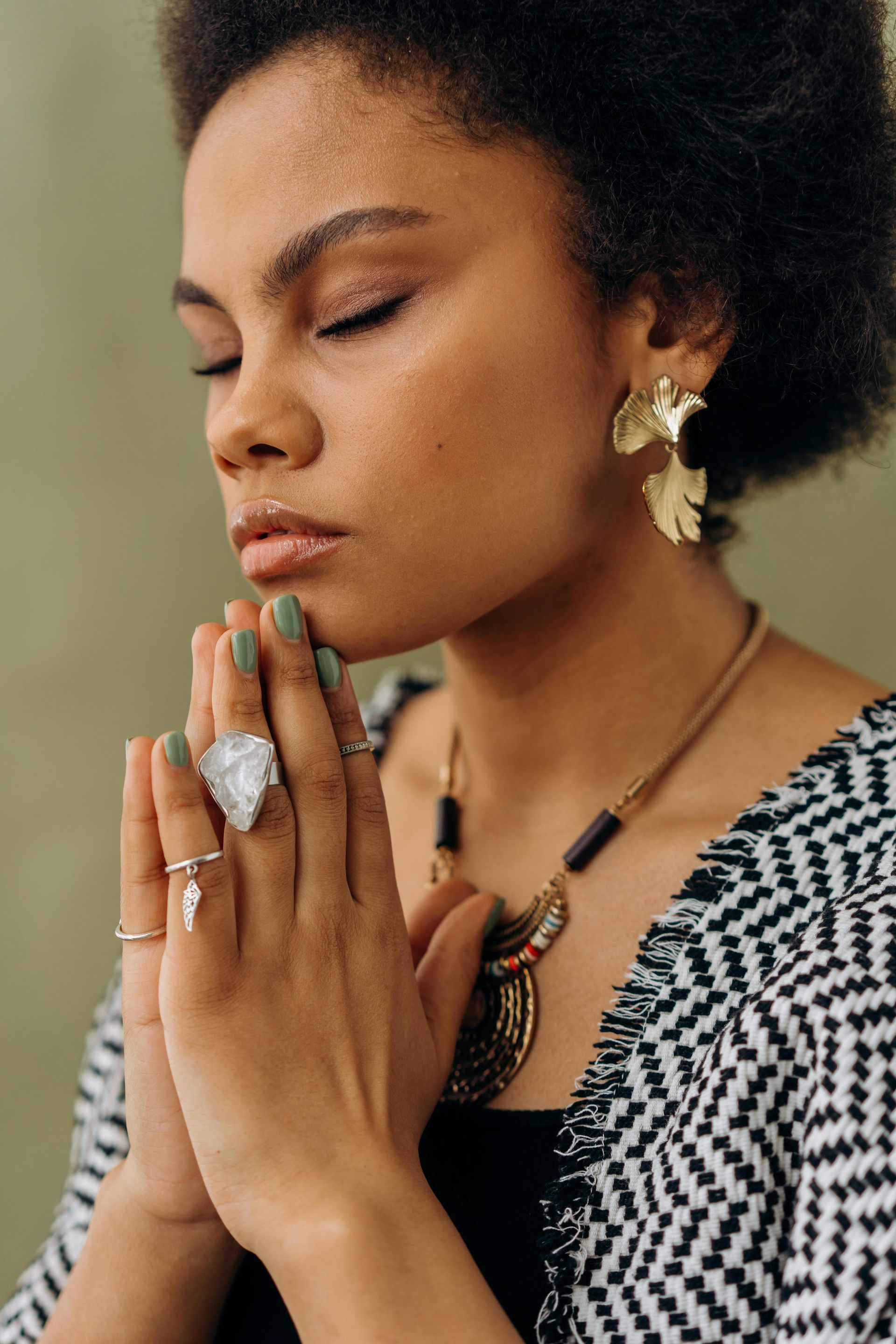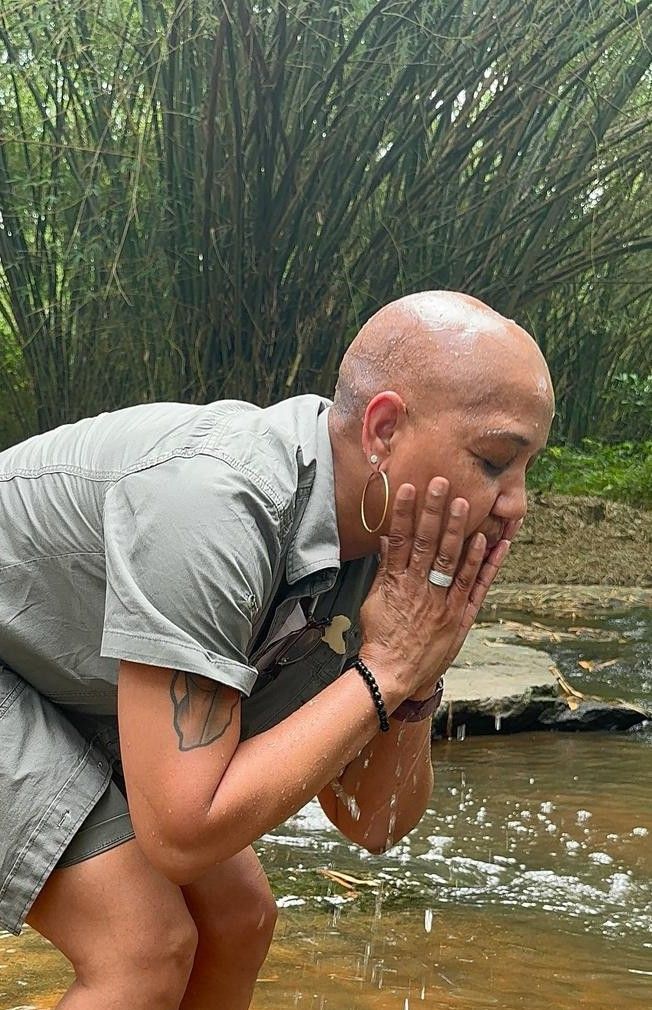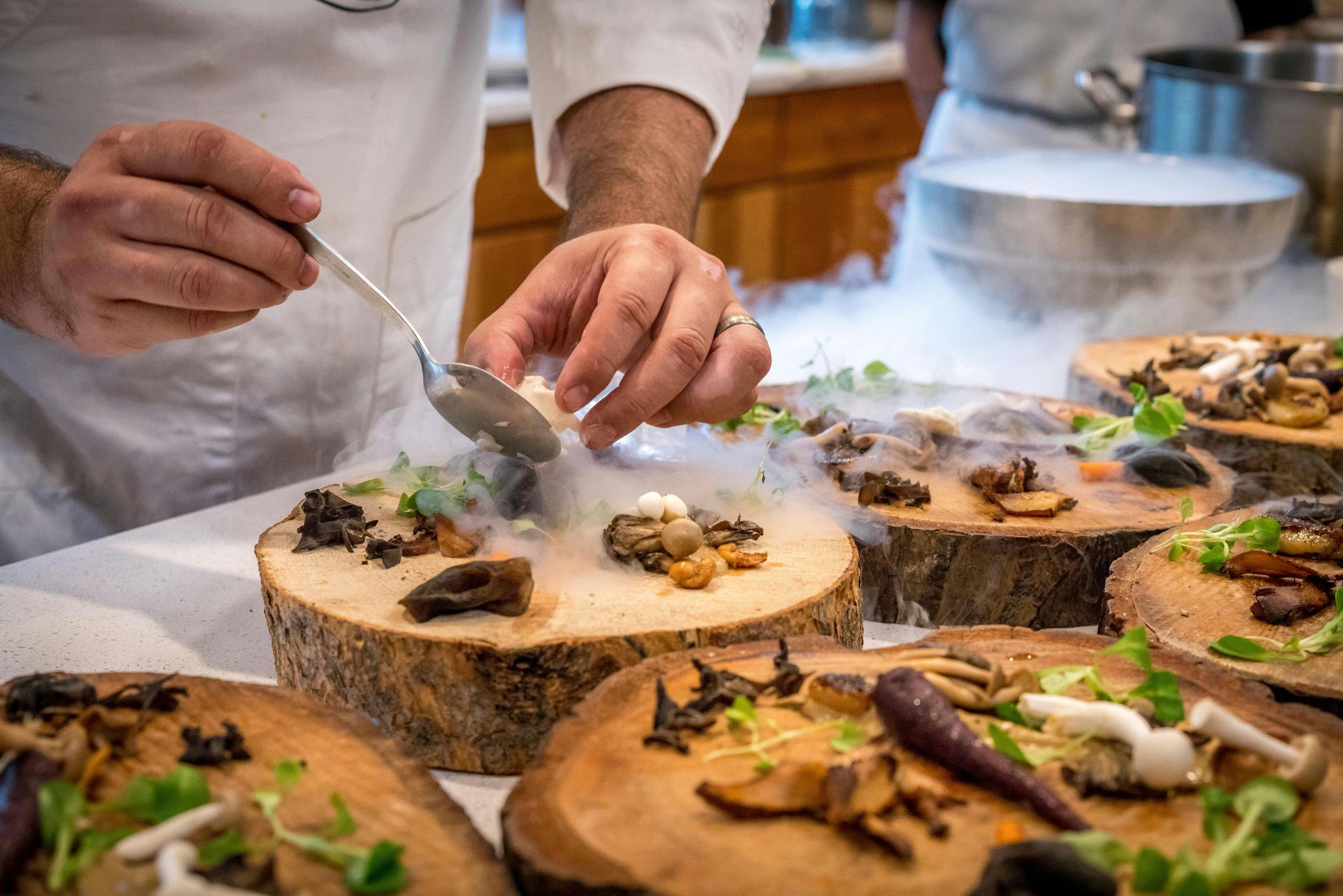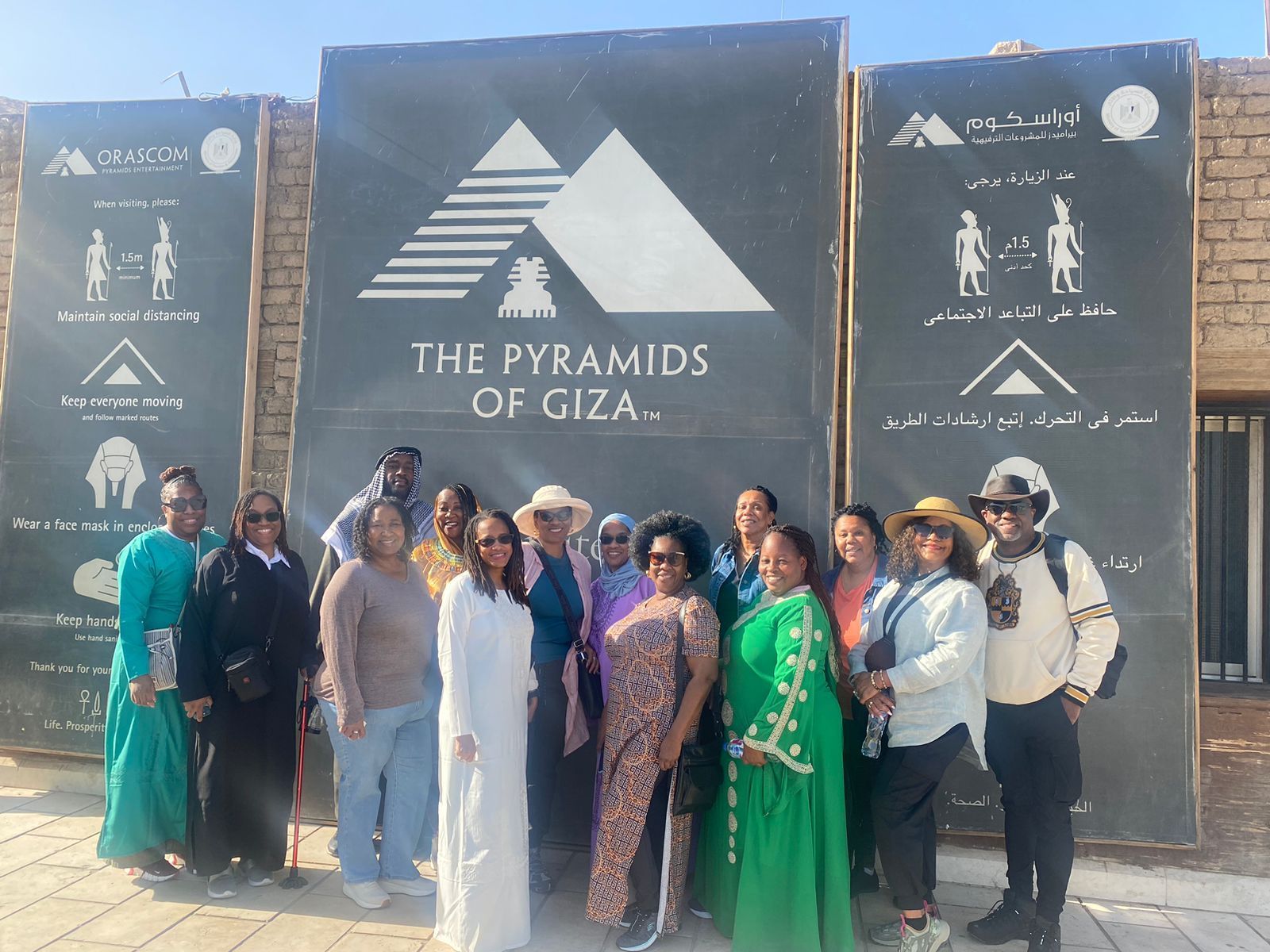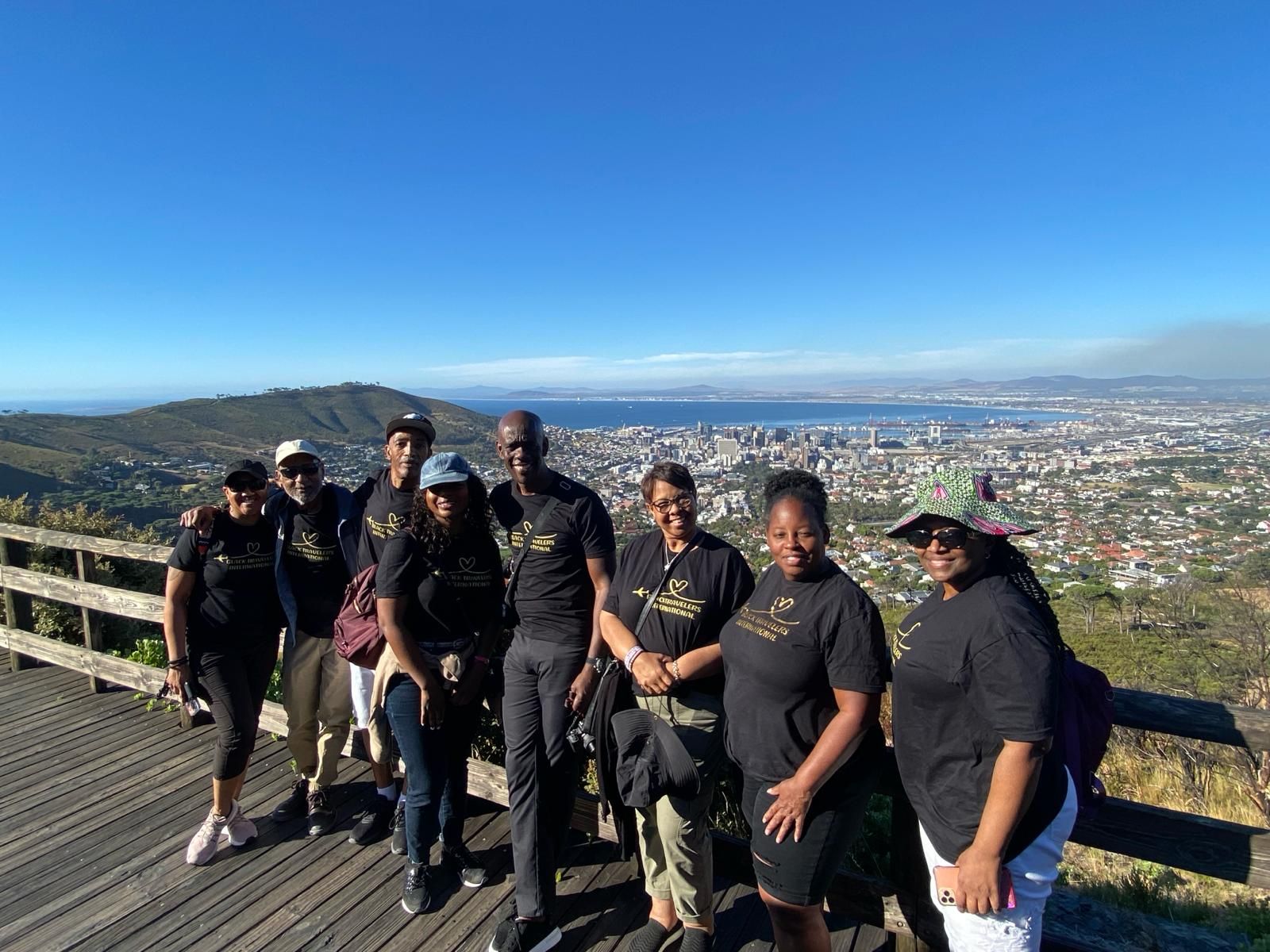What Does Self-Care Look Like for Black Women
What Does Self-Care Look Like for Black Women
Self-care is a term that has gained significant traction in recent years, but its meaning can vary greatly depending on cultural context and individual experiences. For Black women, self-care is not just a trend; it’s a vital practice rooted in resilience, community, and the unique challenges they face. In this blog post, we will explore what self-care looks like for Black women and why it is essential for their overall well-being.
Understanding the Importance of Self-Care
For many Black women, self-care is an act of resistance against societal pressures and systemic injustices. The weight of historical trauma, racial discrimination, and gender bias often leads to heightened stress levels. Engaging in self-care allows Black women to reclaim their time and prioritize their mental, emotional, and physical health.
The Intersectionality of Identity
Black women navigate multiple identities simultaneously—race, gender, class—which can create unique challenges. This intersectionality means that self-care must be tailored to address these layered experiences. Acknowledging the complexities of identity is crucial when discussing black women self-care practices.
Common Misconceptions About Self-Care
One common misconception about self-care is that it only involves luxurious activities like spa days or vacations. While these can be part of a self-care routine, true self-care encompasses much more than indulgence. It includes everyday practices that promote mental health and emotional well-being.
Self-Care Is Not Selfish
Another misconception is that prioritizing oneself is selfish or indulgent. For Black women who often take on caretaking roles within families and communities, prioritizing personal needs can feel counterintuitive. However, engaging in self-care allows them to recharge so they can continue supporting others effectively.
Holistic Approaches to Self-Care
Self-care for Black women often takes a holistic approach that encompasses various aspects of life—mental health, physical health, spiritual wellness, and community connection.
Mental Health Awareness
Mental health awareness has become increasingly important within the Black community. For many Black women, seeking therapy or counseling can be a powerful form of self-care. It provides a safe space to unpack trauma and navigate the complexities of identity without judgment.
Finding Culturally Competent Therapists
Finding therapists who understand the cultural nuances faced by Black women can be challenging but essential for effective care. Many organizations focus on connecting individuals with culturally competent professionals who respect their backgrounds and experiences.
Physical Health Practices
Physical health is another critical component of black women self-care. This includes regular exercise, nutritious eating habits, and adequate sleep—all fundamental elements for maintaining overall well-being.
Embracing Movement
Many Black women find joy in movement through dance classes or group workouts that celebrate their culture while promoting fitness. Whether it’s Zumba or Afrobeat dance sessions, these activities provide both physical benefits and a sense of community.
Spiritual Wellness
Spirituality plays an integral role in many Black women's lives as a source of strength and resilience. Engaging in spiritual practices—whether through prayer, meditation, or attending church—can serve as powerful forms of self-care that foster inner peace.
Connecting with Ancestral Roots
For some Black women, reconnecting with ancestral traditions offers comfort and grounding amidst modern challenges. This may involve participating in rituals or learning about family history as ways to honor heritage while promoting personal growth.
Building Community Connections
Community support is vital for effective black women self-care practices. Building strong relationships with friends and family creates a network where individuals feel seen and heard—a crucial aspect when navigating life's challenges.
Sisterhood Circles
Creating sisterhood circles or support groups allows Black women to share experiences openly without fear of judgment. These spaces foster vulnerability while providing encouragement from those who understand similar struggles.
Conclusion: Prioritizing Self-Care as an Act of Empowerment
In conclusion, black women self-care goes beyond mere pampering; it’s an essential practice rooted in resilience against societal pressures while honoring one’s identity. By embracing holistic approaches—mental health awareness, physical wellness routines, spiritual practices—and fostering community connections through sisterhood circles or support groups; they empower themselves to thrive despite adversity.
Ultimately prioritizing self-care isn’t just beneficial—it’s necessary for survival in today’s world filled with challenges unique to being a Black woman.
By recognizing the importance of these practices within their lives—and advocating for themselves—they pave the way toward healing not only individually but collectively as well.
Self-care isn’t just an act; it’s a movement—a declaration that every aspect matters—from mental clarity down to joyful moments shared amongst loved ones!



